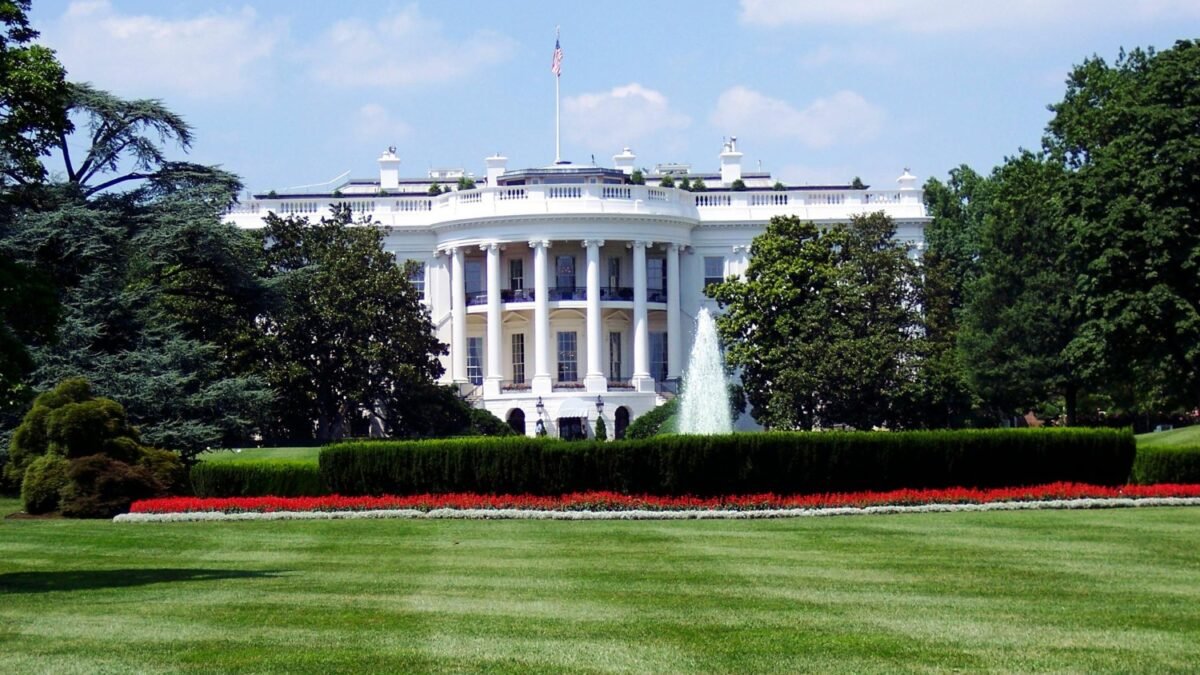France’s got the US all riled up with their plan to recognize Palestine!

The United States wasted no time in reacting to French President Emmanuel Macron’s announcement at the UN General Assembly in September. Washington condemned the move, stating that it “only serves Hamas propaganda.” The US State Department expressed strong opposition, calling it a “unilateral” recognition that undermines the chances of a two-state solution in the Middle East. From the Biden-Trump administration, the argument is that such decisions could empower violent actors like Hamas.
Washington and Paris in disagreement: a diplomatic gap in the G7
Macron’s words were seen as a statement of principles, emphasizing the importance of achieving lasting peace in the Middle East. The United States, however, took a hardline approach, aligning fully with Israel. According to Secretary of State Marco Rubio, the French decision is not only “irresponsible” but also a potential threat to geopolitical stability. The US warned that this stance could harm bilateral relations and create a fracture within the G7.
A moment of maximum tension in the region
Macron’s announcement comes amidst ongoing conflict in Gaza, with thousands of civilian casualties and a humanitarian crisis unfolding. Israel’s Prime Minister strongly denounced the recognition, labeling it as a “reward to terror.” While the US remains steadfast in its position, international pressure is building, with over 140 UN member countries recognizing Palestine and other European nations considering following France’s lead.
A decision that could mark a turning point
France’s recognition of Palestine may not bring immediate change on the ground, but it carries significant symbolic and diplomatic weight. Washington fears it could legitimize groups like Hamas, while others see it as a potential catalyst for progress in resolving the deadlock. The upcoming UN General Assembly in September will be a crucial moment to gauge international support for France’s push for recognition, with pressure mounting on the US both domestically and internationally to review its foreign policy towards Palestine.







